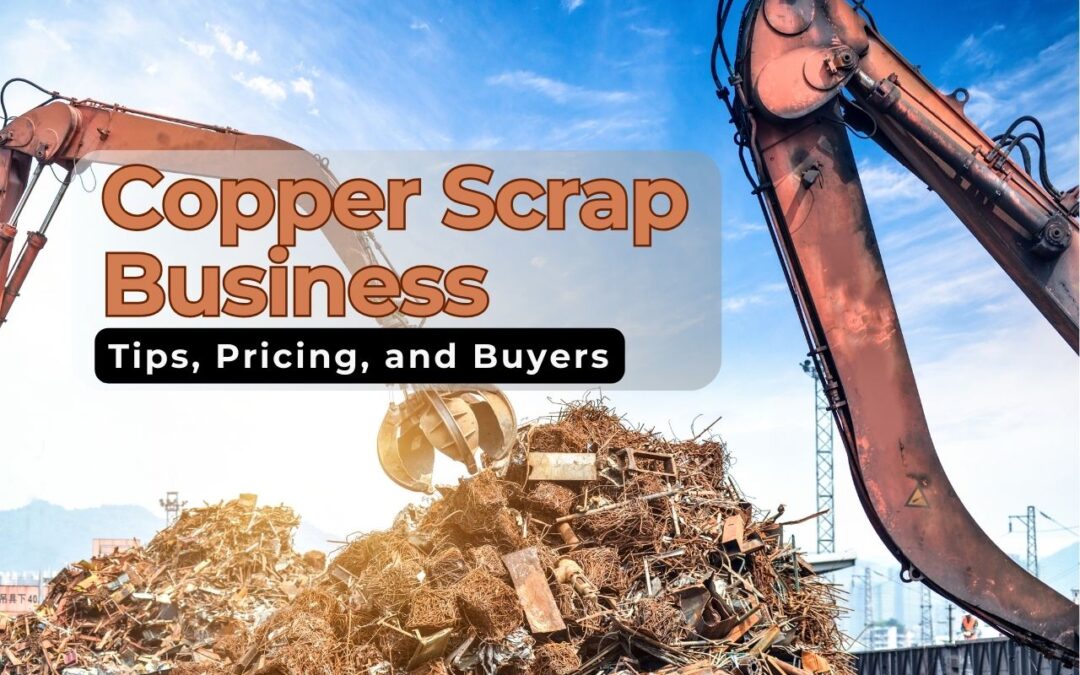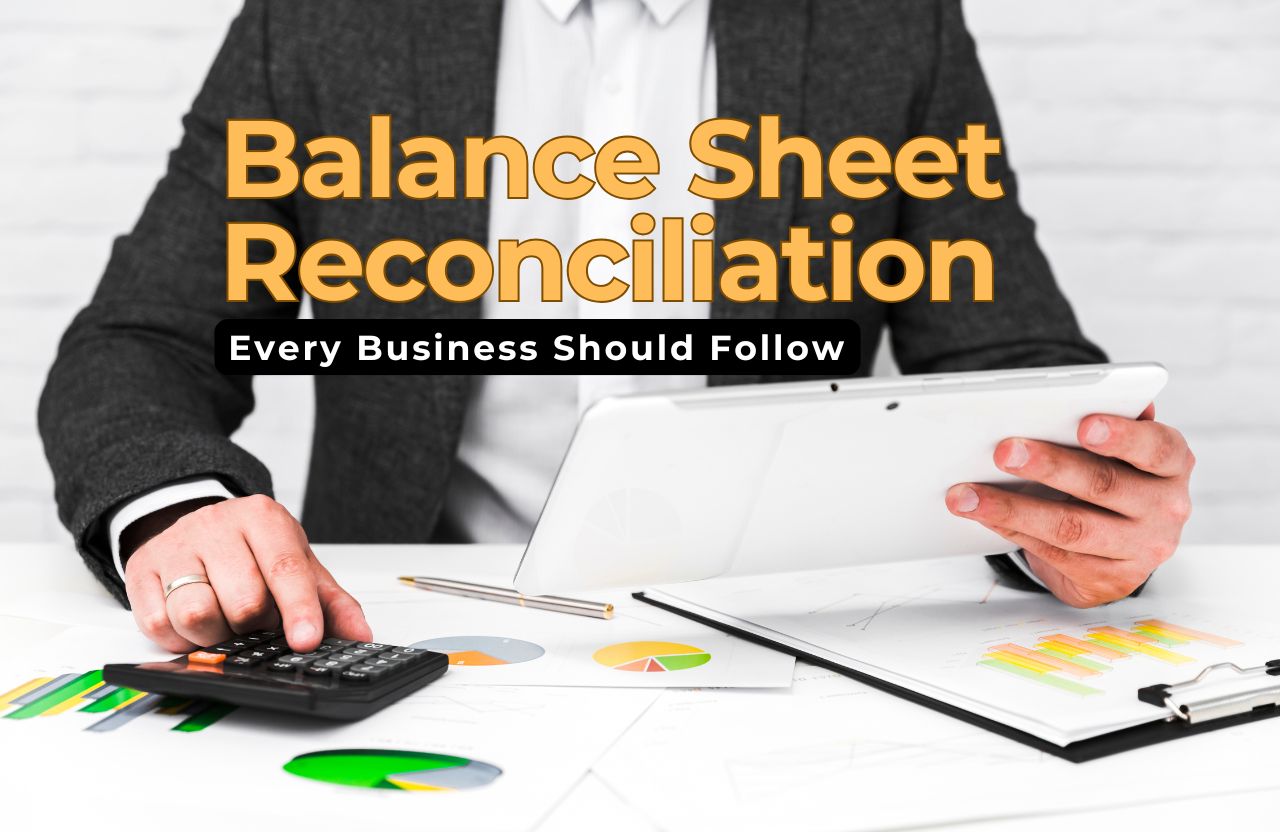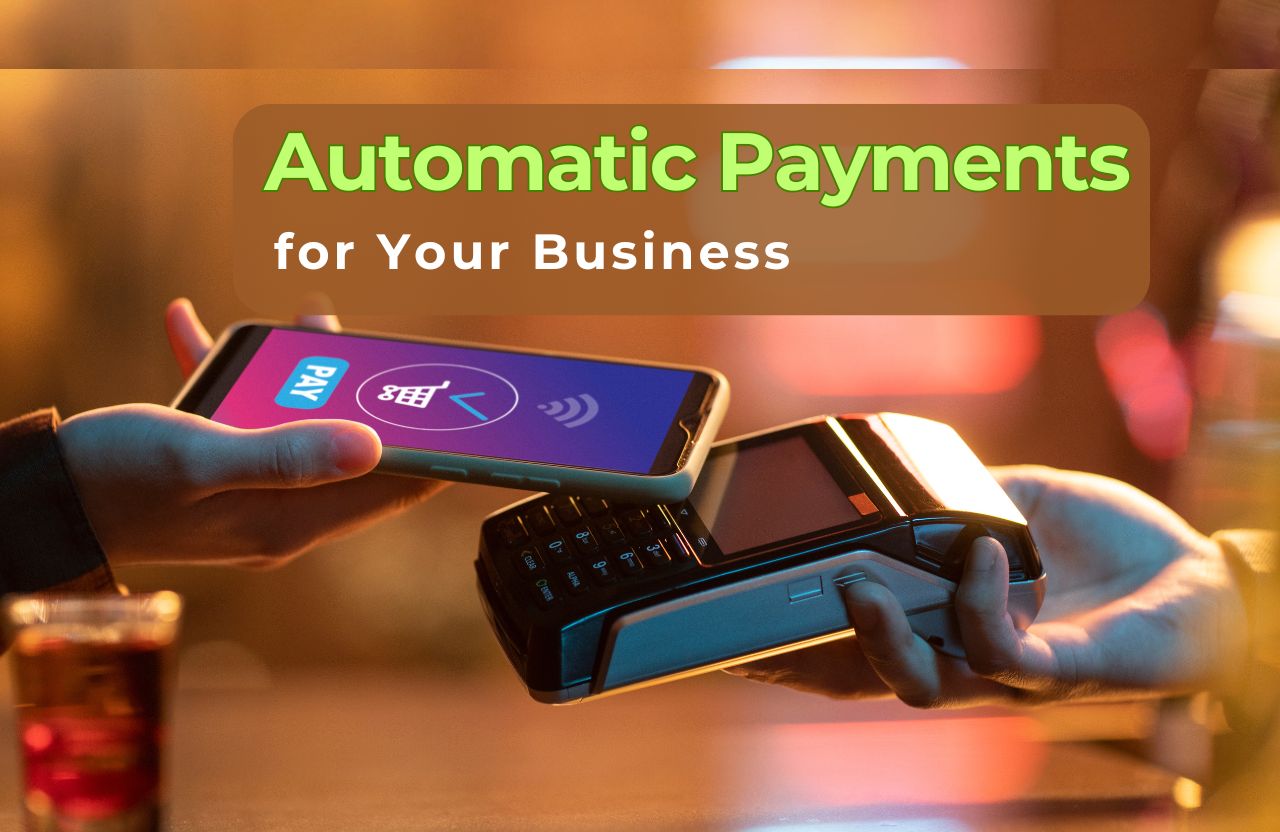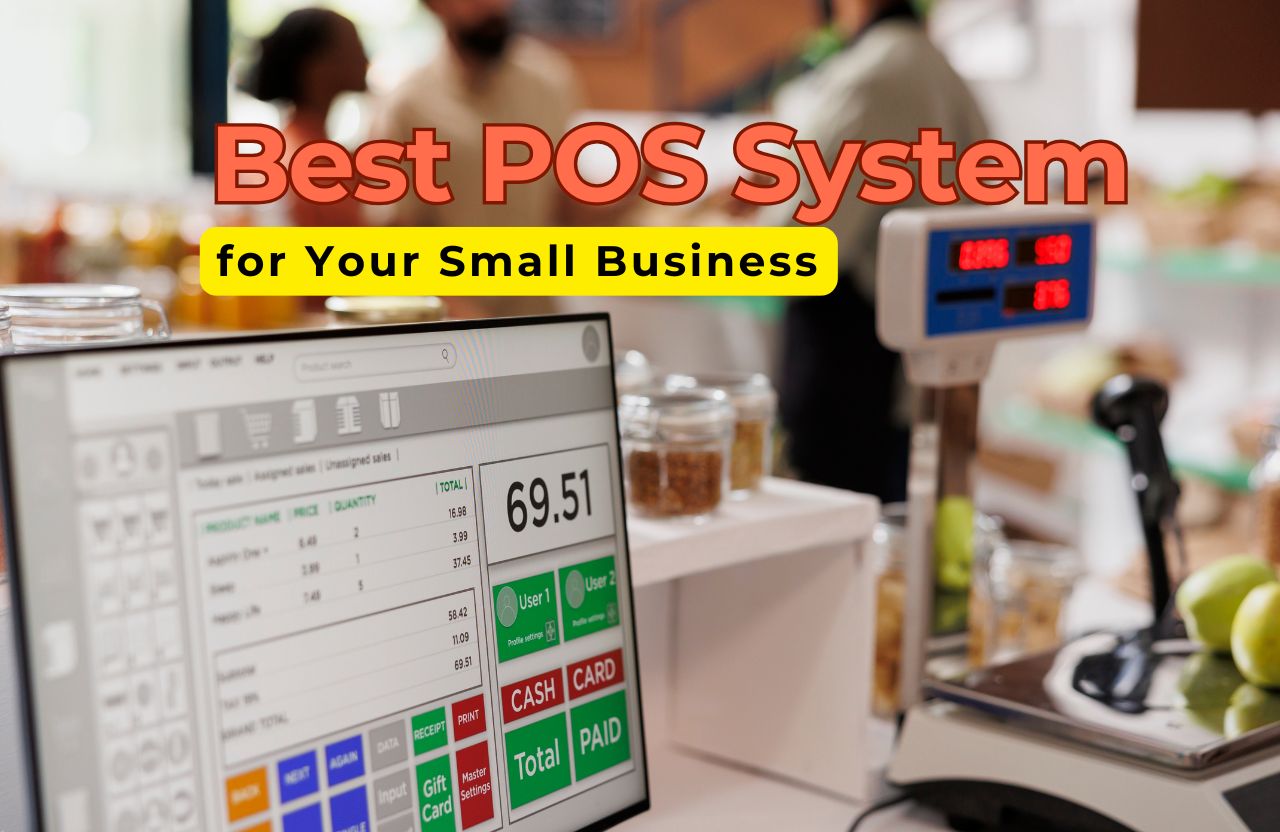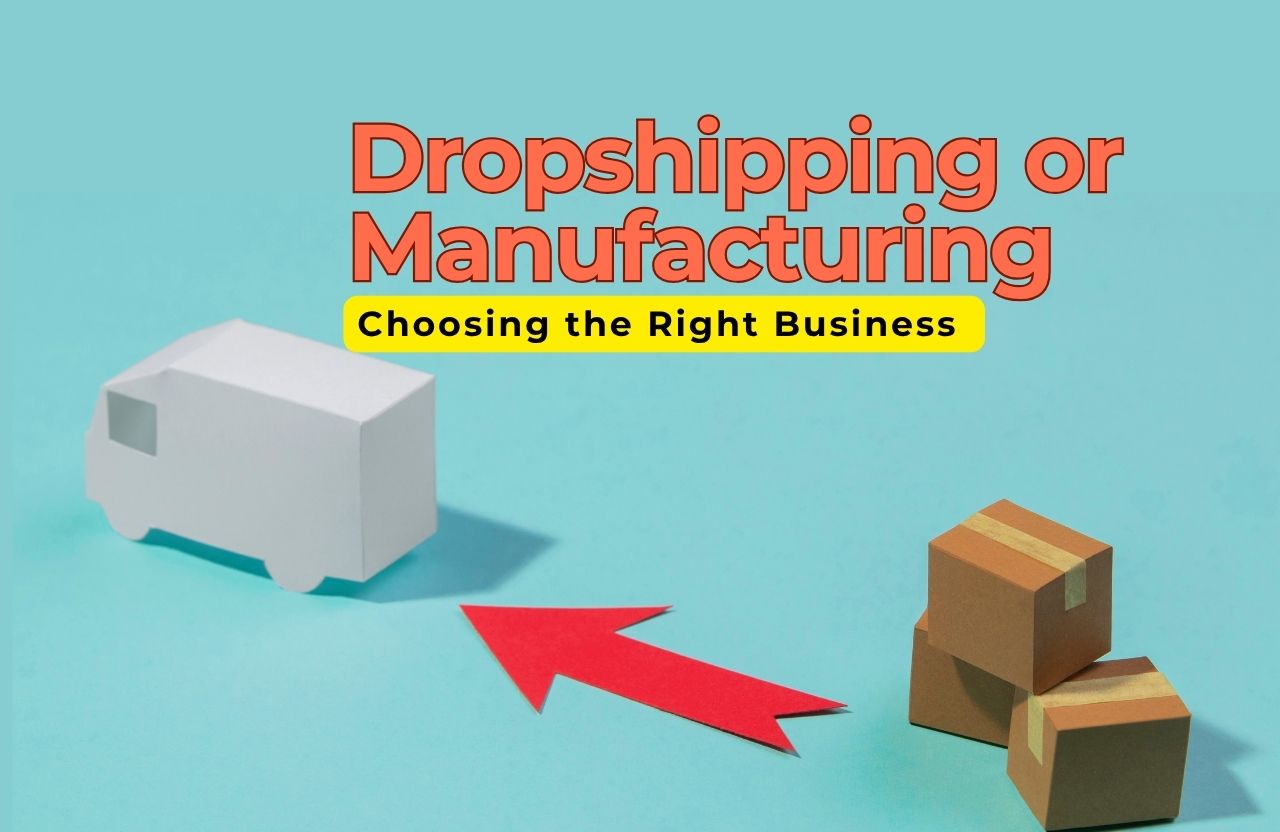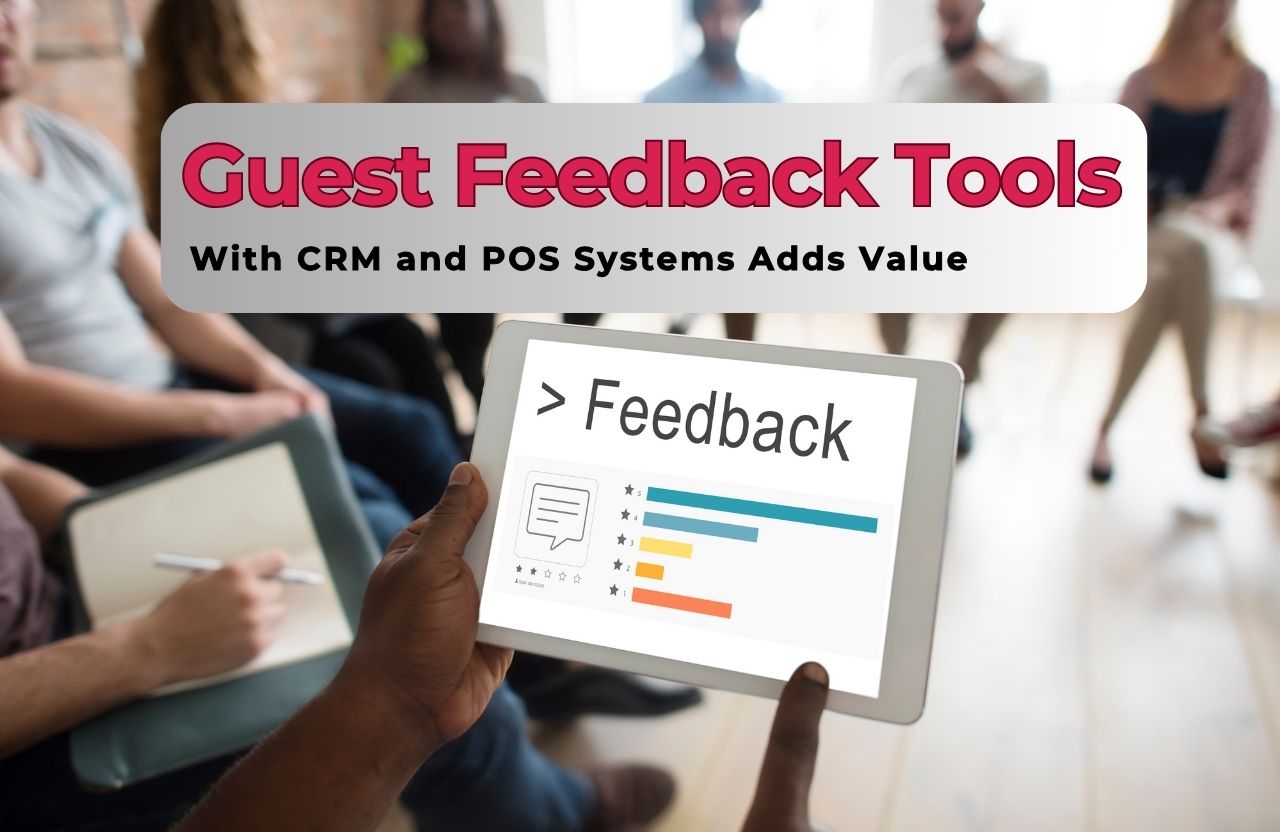As the world embraces sustainability and industries increasingly depend on recycled materials, copper scrap has emerged as a high-demand commodity. Its excellent conductivity, reusability, and widespread industrial use make copper a valuable metal in the recycling and scrap business. Whether you’re an entrepreneur looking to enter a green business or a recycler hoping to scale, this comprehensive guide will walk you through how to start, manage, and grow a profitable copper scrap business.
Why the Copper Scrap Business is a Smart Choice
The copper scrap market is booming — and for good reasons:
- High Resale Value: Copper is one of the most valuable metals in the scrap industry. Even used or oxidized copper retains high market value.
- Endless Demand: It’s used in electrical wiring, motors, telecommunications, HVAC systems, automobiles, and renewable energy.
- Eco-Friendly: Recycling copper uses 85-90% less energy compared to mining virgin copper.
- Global Trade: Developing countries have an increasing demand for affordable raw materials, making exporting copper scrap a lucrative opportunity.
Did you know? Recycled copper accounts for more than 30% of global copper consumption, according to the International Copper Study Group (ICSG).
Step-by-Step Guide to Starting a Copper Scrap Business
1. Conduct Market Research
Before investing capital, study:
- Local scrap supply sources
- Competitor pricing
- Export demand trends
- Laws governing metal recycling
- Opportunities in underserved areas
Explore data on the London Metal Exchange (LME) or platforms like ScrapMonster for copper price trends and forecasts.
2. Register Your Business Legally
Obtain the necessary legal paperwork to start operations. Depending on your country/state, this may include:
- Business license or registration (LLC, Proprietorship)
- Tax Identification Number (TIN/GST/VAT)
- Scrap dealer permit
- Environmental and safety clearances
If you’re planning to export copper scrap, you’ll also need:
- IEC (Import Export Code)
- Customs clearance
- Partnership with a certified freight forwarder
3. Plan Your Capital and Equipment Needs
Initial investment varies based on business size. A basic setup may need:
- Digital weighing scales
- Copper wire stripping machine
- Heavy-duty gloves and protective gear
- Pallets, bins, and barrels
- Forklifts or trolleys
- Pickup trucks or vans
- Storage shed or warehouse
Budget range:
- Small scale: $5,000 – $15,000
- Medium scale: $15,000 – $50,000
- Large scale with export capability: $50,000+
Where and How to Source Copper Scrap
Getting a consistent supply of scrap copper is key to profitability. Here are the best sources:
- Demolition and construction sites (wiring, plumbing)
- Electrical contractors and electricians
- Telecom and power companies
- Old appliances and HVAC units
- Car junkyards and auto repair garages
- Factories and industrial surplus
- E-waste recyclers (computers, TVs, routers)
Tip:
Establish contracts with construction firms or electrical contractors to receive bulk copper scrap regularly.
Understanding Copper Grades and Types
Grading your scrap accurately ensures you get the best price from buyers. Here’s a quick breakdown:
| Grade | Description | Market Value |
| Bare Bright Copper | Clean, uncoated, unalloyed copper wire | Highest |
| #1 Copper | Clean pipe and wire, no soldering or paint | High |
| #2 Copper | Soldered, painted or corroded copper | Medium |
| Insulated Copper Wire | Requires processing to remove insulation | Lower |
| Sheet Copper | Roofing and gutters | Lower |
| Mixed Copper | Combination of different grades | Varies |
Copper Scrap Pricing: What You Need to Know
Copper prices are dynamic and impacted by:
- Global market trends (especially China, the U.S., and India)
- LME copper price index
- Economic conditions and inflation
- Supply chain logistics
- Type and quality of copper
Real-Time Tools to Track Copper Prices:
Sample Copper Scrap Prices (as of May 2025)*:
- Bare Bright Copper: $3.80 – $4.20 per lb
- #1 Copper: $3.50 – $3.80 per lb
- Insulated Copper Wire: $1.00 – $2.50 per lb
*Note: Prices vary by region and change weekly. Always confirm before finalizing sales.
Where to Sell Copper Scrap: Top Buyer Options
1. Local Scrap Yards
Start local — nearby scrap yards offer cash for clean, sorted copper. Pros:
- Quick payment
- No need for export setup
Cons:
- Lower margins compared to export or bulk buyers
2. Recycling Facilities
Copper refineries or recyclers buy in large volumes. Build contracts to ensure consistent income.
3. Online Marketplaces
List your inventory on:
- RecycleInMe
- Alibaba
- ScrapMonster
- TradeIndia
- GlobalScrap.com
These sites help connect you to bulk industrial buyers, often at higher prices.
4. Export Buyers
Exporting scrap copper to countries like India, China, Malaysia, and Vietnam offers higher returns but comes with added costs:
- Logistics
- Customs
- Foreign regulations
Partner with export agents or freight forwarders to manage documentation.
Tips for Growing a Successful Copper Scrap Business
- Maintain Accurate Records: Keep detailed logs of quantity, weight, and buyer transactions.
- Invest in Copper Processing Tools: Wire strippers and shredders increase copper purity, improving value.
- Build a Network of Trusted Suppliers and Buyers: Relationships matter in scrap trade.
- Offer Pickup Services: Help clients remove copper waste from their sites — it’s a great upsell.
- Market Your Business: Use Google Business, Facebook Marketplace, and industry forums to promote.
- Stay Informed: Track copper news, import/export policy changes, and global price fluctuations.
Challenges to Consider
- Price Volatility: Be prepared for fluctuations in global copper rates.
- Regulatory Hurdles: Environmental and transport regulations can affect movement and export.
- Security Risks: Copper theft is common — ensure your storage yard is secure and monitored.
- Competition: Stand out by offering better service, accurate grading, and prompt payment.
Final Thoughts
Starting a copper scrap business offers the perfect combination of profitability, scalability, and environmental impact. With the right strategy, even a small operation can grow into a high-revenue, sustainable business. Focus on quality sourcing, transparent pricing, smart networking, and staying on top of market trends. Whether you aim to serve local scrapyards or export globally, the copper scrap business has the potential to deliver solid returns.
Frequently Asked Questions (FAQs)
Q1: Is a copper scrap business profitable?
A: Yes, with proper sourcing and market knowledge, it offers one of the best profit margins in the metal recycling sector.
Q2: What license do I need to start a copper scrap business?
A: You typically need a business registration, scrap trading license, and possibly environmental clearance depending on your country.
Q3: How can I find buyers for copper scrap?
A: Local scrapyards, industrial recyclers, online platforms (ScrapMonster, Alibaba), and exporters are your best options.
Q4: What is the best type of copper to sell?
A: Bare Bright Copper fetches the highest price, followed by #1 and #2 copper.
